Cupertino, California council is majority Asian
Updated: 2014-11-28 05:48
By LIAN ZI in San Francisco(China Daily USA)
|
||||||||
Asian Americans, especially Chinese Americans, have emerged as a force in US politics in recent years. The city of Cupertino, in the heart of Silicon Valley, California, now has a City Council that is four-fifths Asian Americans - three of those Chinese Americans.
Two newcomers, Savita Vaidhyanathan and Paul Darcy, will join Mayor Gilbert Wong and incumbent City Council member Barry Chang on the five-member body.
Wong, Chang and Darcy are Chinese Americans. Vaidhyanathan was born in India and moved 20 years ago to Cupertino, which is home to tech giant Apple.
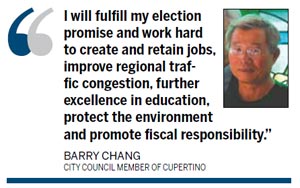 |
It is an inevitable and normal occurrence for cities with large numbers of Asian immigrants to have more Asian American council members, Chang told China Daily. The population of Asian Americans in Cupertino is more than 36,000, making up more than 60 percent of the population.
"I will fulfill my election promise and work hard to create and retain jobs, improve regional traffic congestion, further excellence in education, protect the environment and promote fiscal responsibility," Chang said.
Chinese-American politicians could make the voice of the Chinese communities heard, said Chang, however, "serving the residents in our city, regardless of their race", was a key to his re-election, he added.
Kristen Pan Lyn was elected to the board of the Cupertino Union School District (CUSD).
"It was the first time for me running for office," she said. "Chinese-American voters played an important role in my election."
In CUSD, the percentage of first-generation immigrants who can read Chinese is about 16 percent, or 10,000 voters.
"It is very meaningful for Chinese Americans to win this position, get involved in the community and get our voice out, said Pan. "The school board is all about education. Chinese Americans know education, and the next generation is the best investment."
Betty Yuan, a Chinese-American community leader in the San Francisco Bay Area, said: "In the future, we hope that the elected Asian politicians could closely collaborate with us and make our voice be prominent in policy debates."
zilian@chinadailyusa.com
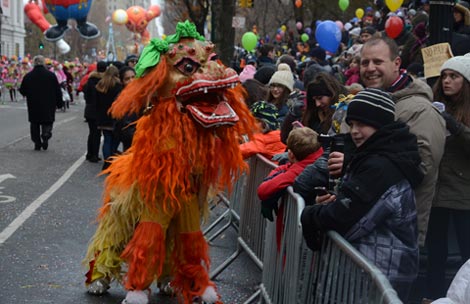
 Chinese float gives joy at Macy's parade
Chinese float gives joy at Macy's parade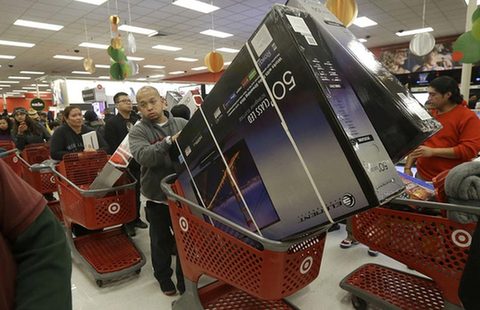
 6 things you should know about Black Friday
6 things you should know about Black Friday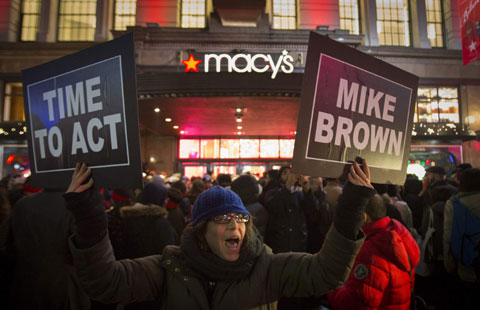
 Calm comes to troubled Ferguson
Calm comes to troubled Ferguson
 Daredevil dancer conquers mountain
Daredevil dancer conquers mountain
 China's celebrity painters
China's celebrity painters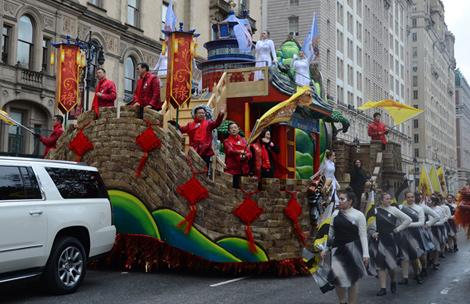
 Beauty of Beijing float making debut in Macy's parade
Beauty of Beijing float making debut in Macy's parade
 The plight of pregnant women in rural China
The plight of pregnant women in rural China
 Rescue dogs show skills in NW China
Rescue dogs show skills in NW China
Most Viewed
Editor's Picks
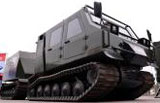
|

|

|

|

|

|
Today's Top News
China, US fight terror on the Internet
China's local govt debt in spotlight
More understandings, co-op between China and US
Macy's looks to appeal to more Chinese customers
Cupertino gets attention with its Asian-American-majority City Council
Amazon takes Black Friday to China
BMO Global Asset Management Launches ETFs in Hong Kong
BlueFocus aims to acquire Canadian company
US Weekly

|

|








